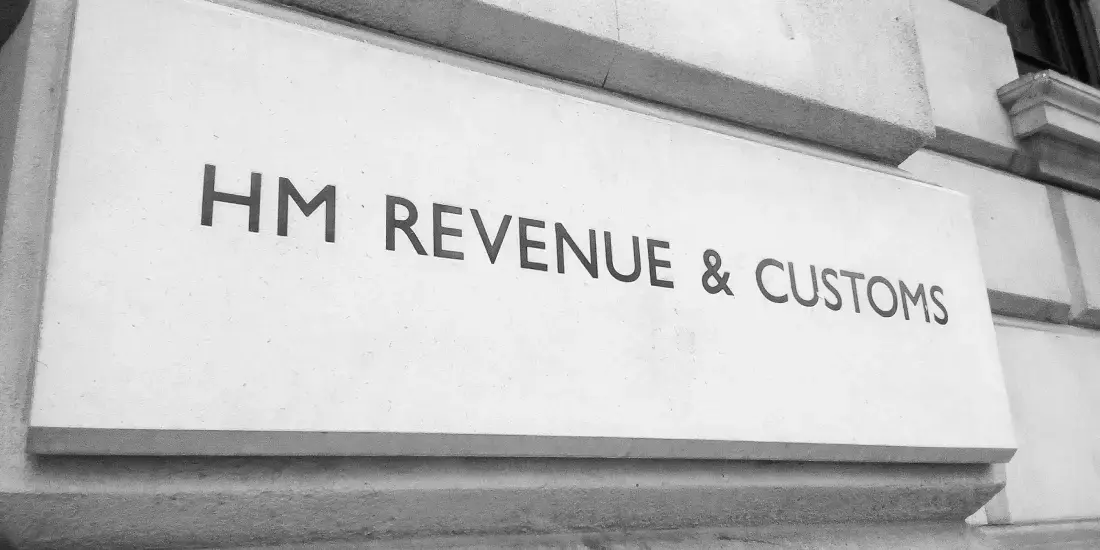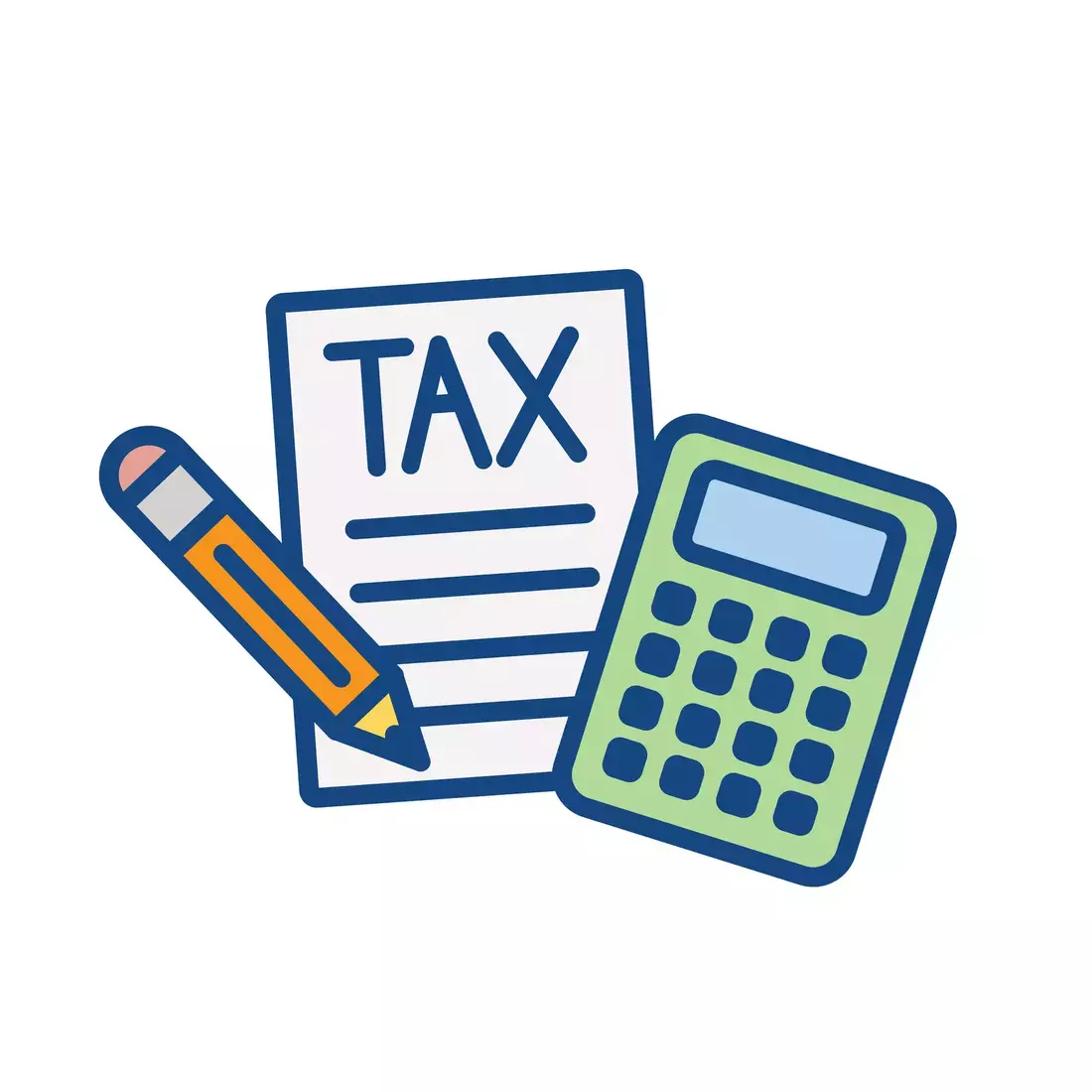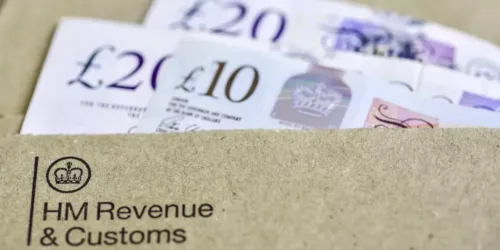Unclaimed PPI Tax Refunds: How to Retrieve Your Money from HMRC
- How to claim an HMRC PPI tax refund
- The deadline is 5th April 2024
- Why tax was taken
If you received a PPI payout in 2019, the time to claim back any tax that you paid on it has passed. The 5th of April 2024 was the cutoff point, giving you the opportunity to receive an HMRC PPI tax refund. This is because at the time you had your payout, you may have had tax deducted from the total.
This article will explain why tax may have been deducted from your payout. It will also look at why you might have been able to have claimed an HMRC PPI tax refund and how much you could potentially have received. The deadline has passed, so you may have unfortunately missed out on your money.

What's On This Page?
Click the links below and head straight to a specific section of the article.
What Was a PPI Tax Refund from HMRC?
PPI payouts may have had tax deducted from the interest you received. Thanks to the personal savings allowance, you can earn a certain amount of interest tax-free every year. If you were taxed on your PPI settlement, this may have been done unfairly. Providing you didn’t make use of your full personal savings allowance, you could have claimed an HMRC PPI tax refund. This would have given you a refund of the PPI element that was taken as tax.
Why Was Tax Deducted from PPI Payments?
The majority of a PPI settlement is compensation. The rest is made up of 8% statutory interest, which was worked out on that compensation. If you didn’t receive your money for some time, this 8% could have built to a healthy amount. Before you received your money back, the taxed interest was handed to HMRC. It was treated as savings income, which is why tax was taken from it. An HMRC PPI tax refund gave you this back.
How Can I Tell If Tax Was Deducted from My PPI Settlement?

The easiest way to see if you were eligible for an HMRC PPI tax refund is to look at your settlement paperwork. It should detail how much you received in compensation and how much was deducted in tax. From there, you simply need to work out the net and gross interest. Without these details on your paperwork, it’s impossible to know for sure how much tax was taken.
If you don’t have your paperwork, you can try asking the bank that paid you for this information. In some instances, you might have to submit a Subject Access Request (SAR), which legally obliges them to provide it. Any personal data that they hold needs to be given to you. Without knowing the interest, it’s difficult to see how much you could have received from an HMRC PPI tax refund.
As a very last resort, you could have contacted HMRC if the SAR didn't reveal anything. By explaining your situation to HMRC, they should be able to tell you how much tax was taken from your settlement. Their systems will have this information, so you will be able to work out roughly how much tax was paid. An HMRC PPI tax refund could have been due providing you didn’t earn enough interest and overpaid on tax.
Since the introduction of the personal savings allowance in 2016, most payouts were automatically checked to see if tax should be deducted. The rest had an automatic 20% tax applied to them, which may have been unfair in some cases. By making a claim for an HMRC tax refund on PPI, you could have seen this money back.
How Much Interest Can I Earn a Year?
Without paying tax on interest, you can earn up to £1,000 a year. Basic rate taxpayers can earn this amount, but higher rate taxpayers only receive half this. When you made a claim for an HMRC PPI tax refund, you received as much as this if the tax taken was a large sum and you didn’t make use of your full personal savings allowance. If you don’t pay tax, you could normally claim all of the interest back in full.
When Was the HMRC PPI Tax Refund Deadline?

The final time you could have claimed a refund for PPI tax was 5th April 2024. This is because of two factors: the PPI deadline and the limit for backdating tax refunds. August 2019 was the cut-off point for submitting PPI claims for compensation. This means that, unless there were extraneous circumstances preventing you from hitting this deadline, no one received a PPI payout after this date. No one will be able to claim an HMRC PPI tax refund anymore.
As you can only backdate a financial claim by up to four years, the 2019/2020 tax year fell within the previous limit. This meant that the 2023/2024 tax year was your last chance to be able to make a claim for an HMRC PPI tax refund. By delaying your claim, you could have missed out on having these funds released to you.
How Much Was I Entitled To?
Making an HMRC PPI tax refund only gave you back a percentage of tax that you paid on a percentage of your payout. This meant that it was only likely to be a couple of hundred pounds. The less of your personal savings allowance that you used for the 2019/2020 tax year, the more you would have been able to claim back in any tax that was taken from your PPI policy.
If you earned almost as much interest in a year as your personal savings allowance permits, then you would only have been entitled to the difference. You only pay tax on anything above this rate. Most people didn’t earn this much, so the tax was taken erroneously. Putting in a claim for an HMRC PPI tax refund could have given you this money back. This was why it was important to know how much interest was applied to your payout so you could have seen if you were likely to get any money back.
How to Make an HMRC PPI Tax Refund

There were a couple of options for claiming back this money. The first was to go through HMRC directly, while an alternative was to use a claims management company. If you wanted to try to get an HMRC PPI tax refund yourself, an R40 form needed to be completed and returned to them. These forms are often very confusing to anyone who is not used to filling in tax forms.
Once you knew the amount that was taxed as interest, this needed to go on the R40 form, so you had to make sure your calculations were correct. Any amount you were claiming on should have been separate from any fees that may have been deducted. It was important to know your net and gross interest when claiming your HMRC PPI tax refund this way.
Alternatively, if you were not confident in filling out these tax forms, you could have made use of a claims management company to process your HMRC PPI tax refund instead. You could have also gone through this option if you were unsure of the amount that was taken in tax. A claims company has a team of legal specialists who work with HMRC on a daily basis, and they could easily discover how much you were entitled to and could claim.
By filling in your details, you would have been put in touch with a company that would have done all the legwork for you. This was also useful if you didn't have time to submit a tax claim yourself before the 5th of April 2024 deadline. These companies could have expedited your HMRC PPI tax refund and given you your tax back quickly.










